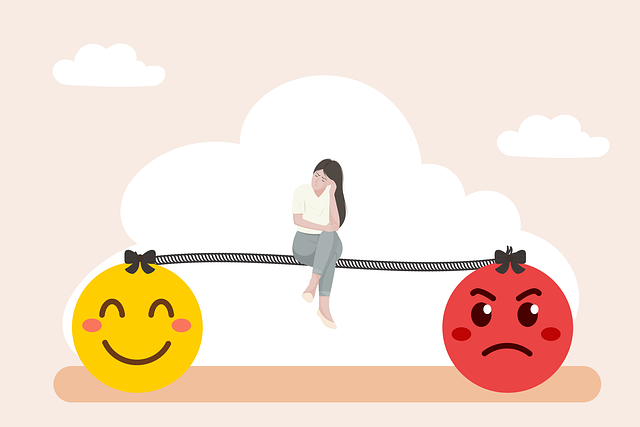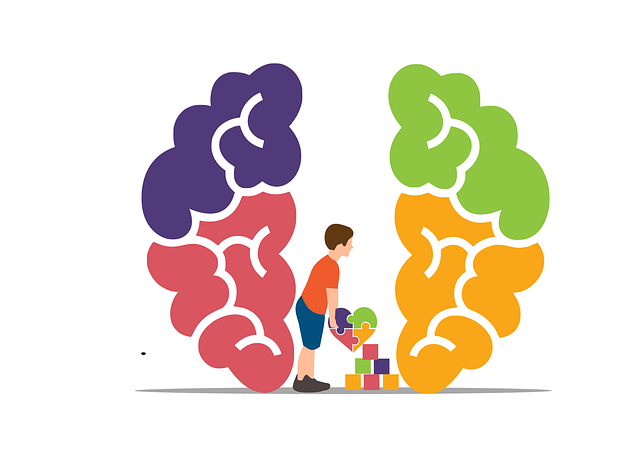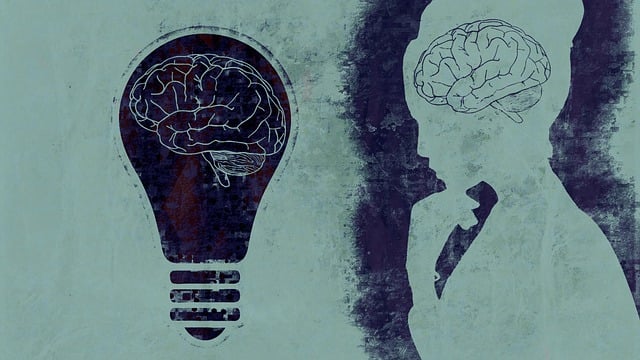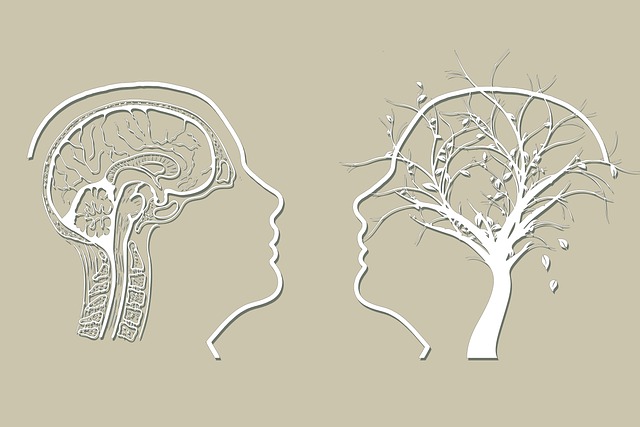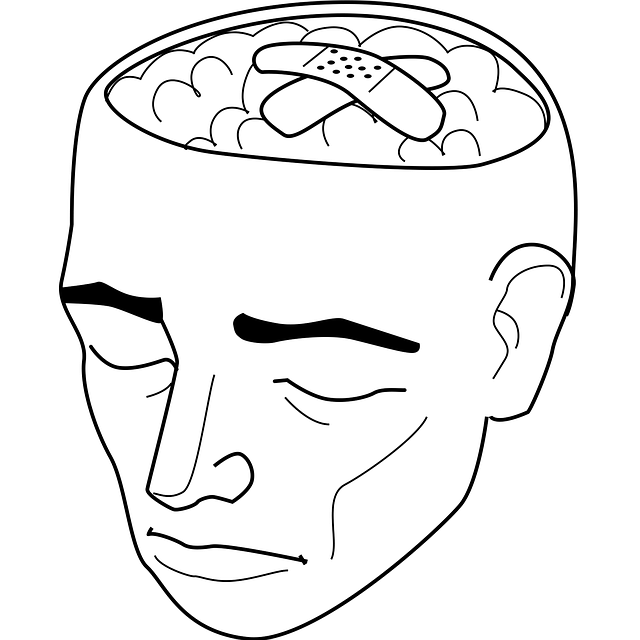Aurora Mindfulness Therapy provides innovative social skills training tailored for individuals with anxiety, depression, schizophrenia, and other mental health conditions, addressing social isolation stemming from interaction challenges. Their holistic approach blends mindfulness practices with psychological techniques to enhance self-esteem, empathy, and connection formation. Through role-playing, group therapy, and compassion cultivation, clients gain practical communication strategies, build confidence, and improve emotional well-being, fostering inclusive environments that support long-term mental health management.
Social skills training is a powerful tool for managing mental health conditions, offering a unique approach to enhancing well-being. This article explores the intricate connection between social abilities and mental health, with a focus on Aurora Mindfulness Therapy as an effective treatment modality. We’ll delve into common challenges faced by individuals with various mental health disorders in social settings, presenting practical strategies derived from therapeutic practices. Additionally, we’ll discuss how to integrate these skills into daily life for sustained improvements.
- Understanding the Link Between Social Skills and Mental Health
- The Role of Aurora Mindfulness Therapy in Training Social Skills
- Identifying Challenges: Common Mental Health Conditions and Social Interactions
- Practical Strategies for Developing Social Skills in a Therapeutic Setting
- Integrating Social Skills Training into Daily Life: Long-term Benefits and Maintenance
Understanding the Link Between Social Skills and Mental Health

Social skills training plays a pivotal role in managing and improving mental health conditions. Many individuals struggling with anxiety, depression, or other mental health issues often find themselves isolated due to challenges in social interaction. These difficulties can stem from a range of factors, including neurodiverse conditions, trauma, or the effects of long-term mental illness. By addressing these social skills gaps through targeted interventions, such as those offered by Aurora Mindfulness Therapy, individuals can enhance their ability to form connections, communicate effectively, and navigate social situations with greater ease.
Mental Health Awareness and Education Programs Design that incorporate compassion cultivation practices have proven effective in fostering empathy, reducing stigma, and promoting positive mental health outcomes. These programs not only equip individuals with practical social skills but also cultivate a sense of belonging and support, which are essential for overall well-being. Understanding the intricate link between social skills and mental health is crucial, as it enables us to create more inclusive and supportive environments that empower those facing mental health challenges.
The Role of Aurora Mindfulness Therapy in Training Social Skills

Aurora Mindfulness Therapy offers a unique and innovative approach to social skills training, integrating mindfulness practices with evidence-based psychological techniques. This holistic method recognizes that improving social interactions is an integral part of the emotional healing processes for individuals managing mental health conditions. By focusing on mindfulness, participants learn to cultivate present-moment awareness, which enhances their ability to navigate social situations with greater confidence and empathy.
The therapy sessions are designed to foster self-esteem improvement through various exercises that encourage self-reflection and acceptance. Additionally, it facilitates the development of a consistent self-care routine, empowering individuals to prioritize their mental well-being in their daily lives. This dual focus on mindfulness and self-care routine development for better mental health is at the core of Aurora Mindfulness Therapy’s success in transforming social interactions and overall life quality.
Identifying Challenges: Common Mental Health Conditions and Social Interactions

Mental health conditions can significantly impact an individual’s ability to engage in social interactions, leading to various challenges that often go unnoticed. Conditions such as anxiety disorders, depression, and schizophrenia present unique obstacles when it comes to socializing. For instance, individuals with anxiety might struggle with initiating conversations or feeling uncomfortable in social settings, while those with depression may lack the motivation to participate in social activities. These challenges can exacerbate feelings of isolation and further contribute to a decline in mental well-being.
Aurora Mindfulness Therapy recognizes these hurdles and offers tailored support through social skills training. By fostering Mental Health Awareness, their programs aim to equip individuals with effective strategies for navigating social interactions. This includes learning compassion cultivation practices that promote understanding and empathy towards oneself and others, which is especially beneficial for healthcare providers who often deal with high-stress situations. Ultimately, these interventions not only enhance social connections but also play a crucial role in burnout prevention strategies, ensuring a healthier and more supportive environment for everyone involved.
Practical Strategies for Developing Social Skills in a Therapeutic Setting

Social skills training is a powerful tool within therapeutic settings, especially for individuals managing mental health conditions. At Aurora Mindfulness Therapy, we emphasize practical strategies that cater to each client’s unique needs. One effective approach involves role-playing scenarios where clients practice interactions in a safe and supportive environment. This method not only enhances communication but also builds confidence, addressing the core challenges often associated with social anxiety or schizophrenia.
Additionally, group therapy sessions facilitate natural social engagement, encouraging clients to learn from one another’s experiences. Through guided exercises focusing on active listening, empathy, and non-verbal cues, our therapists assist in fostering meaningful connections. These strategies, combined with risk assessment tools for mental health professionals, promote a holistic understanding of each individual’s progress. Moreover, incorporating stress management techniques and self-esteem improvement activities empowers clients to navigate social situations with resilience and confidence.
Integrating Social Skills Training into Daily Life: Long-term Benefits and Maintenance

Integrating social skills training into daily routines offers significant long-term benefits for individuals managing mental health conditions. At Aurora Mindfulness Therapy, we understand that effective therapy doesn’t stop at structured sessions; it permeates every aspect of life. Through practical techniques learned during training, clients can improve their interactions with others, fostering deeper connections and enhancing their overall emotional well-being. This continuous practice is key to maintaining newly acquired social skills and building resilience against potential setbacks.
Regular engagement in activities that promote confidence boosting and emotional well-being promotion techniques, such as role-playing exercises or group discussions, allows individuals to generalize these skills across various settings. Over time, this translates into improved mental health management, increased social support networks, and a higher quality of life.
Social skills training, particularly through innovative approaches like Aurora Mindfulness Therapy, plays a pivotal role in managing mental health conditions. By understanding the intricate link between social interactions and mental well-being, we can effectively address challenges faced by individuals with various disorders. The strategies outlined, when integrated into daily life, offer long-lasting benefits, empowering individuals to navigate social situations confidently and fostering sustainable improvements in their mental health journey.
